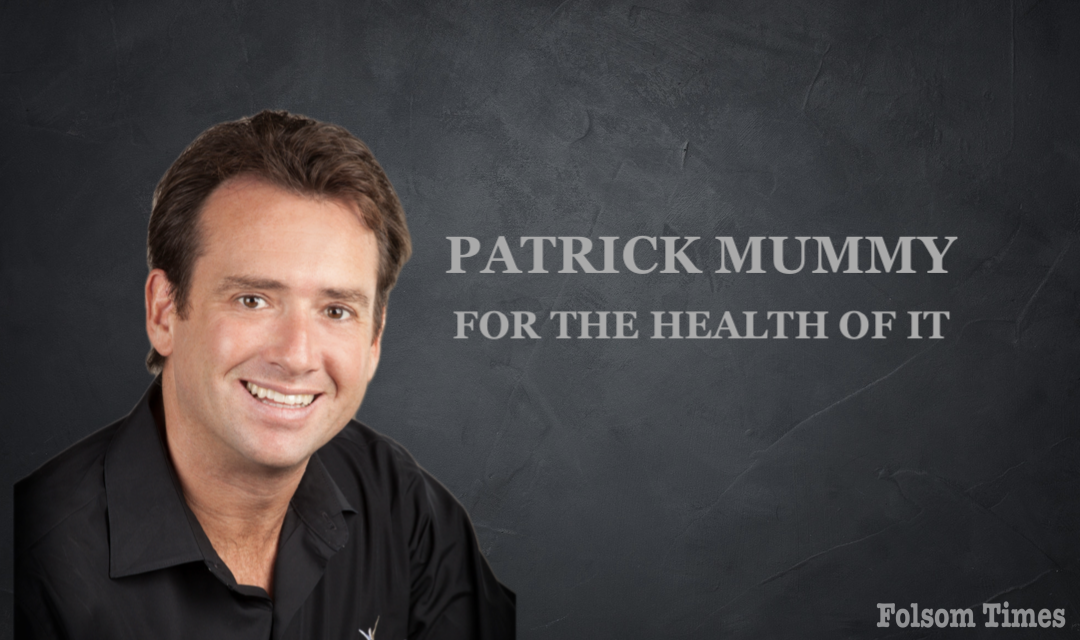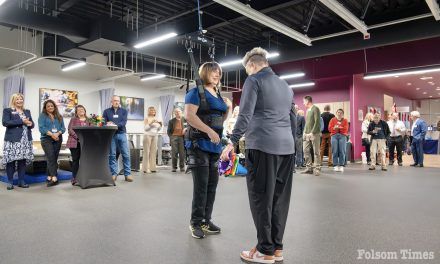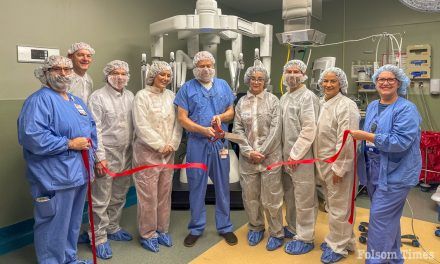Vowing to exercise more, eat healthier and to lose weight were the top 3 New Year’s resolutions in the U.S. for this new year, according to the Statista Global Consumer Survey. In a previous year that was marked by high inflation, the resolution to save more money comes in rank 4. According to a Forbes Health/One Poll survey found that the average resolution lasts just 3.74 months. Only 8% of respondents tend to stick with their goals for one month, while 22% last two months, 22% last three months and 13% last four months.
Here’s a few more stats to chew on: According to The National Institute of Health, Low back pain (LBP) is the second most common cause of disability in US adults and a common reason for lost work days. An estimated 149 million days of work per year are lost due to LBP. After medication, surgery is the most common treatment for persistent pain. Global estimates suggest that close to 313 million surgeries are performed annually, with approximately 500,000 lumbar spine surgeries each year in the US. Healthline.com researchers say 97% of Americans are failing to meet ideal ‘healthy lifestyle’ criteria that can protect their hearts when 610,000 Americans every year die due to heart disease. And the kicker, for the first time in almost a half-century, American’s life expectancy is discreasing compared to all other first-world countries!
In 2023 I was honored with the opportunity to be the keynote speaker at 5 fitness conferences all over the US, and I’m telling you that it doesn’t take a rocket scientist to understand the problem. The topic of my speeches focused on the fact that we do not advocate prevention in our society. In fact, we discourage it. Why? Because the healthcare industry as it stands today has not figured out a way to make billions of dollars each year on you changing your bad habits into good ones. And why would they when they are currently making billions of dollars each year off of your bad ones? This is in fact an entirely different article, but the fact of the matter is that if you do not take control of your own daily habits, then you will never reach you goals.
So how do you make healthy habits, and more importantly, healthy habits that last? It’s actually very simple, and here are a few pointers for you to start your journey:
- Don’t rely on your health insurance and your doctor. I’m not telling you to blame your doctor for your woes, but the fact is that the last time you visited your doctor, you were probably one of 50 people he/she saw that day, and in a 5 to 10 minute session, your problems are not going to be solved. Be your own advocate and do the research.
- Don’t take drugs to solve your problems. 125 million people are in pain, spending some $300 billion on pills, pot, procedures, and natural ‘cures’ to find relief, according to consumerreports.org. All you’re doing is making Phizer rich.
- Ween yourself off of your visits with your favorite practitioner. If you cannot take your chiropractor home with you, then what are you doing to hold the adjustment? Seeing someone to placate your pain temporarily is really no differenct than taking drugs. And although a good adjustment feels great, in reality, it’s way more expensve because it won’t last. On average, Americans spend around $10,000 out of pocket each year on seeing practitioners to feel good. So, stop the addiction.
- Write down a list of your daily habits and start prioritizing. Your day is already filled with habits- brushing your teeth; eating breakfast; sitting at work; walking the dog; etc. In order to create better habits, you need to recognize what the bad ones are first and start replacing them with good ones.
- Create a list of your top three goals. Is it losing weight? Eating better? Exercising more? Making more money? Then write these down on a visible board in your house or office, and they will always remind you of what you really want and need. Take on the motto “in sight, in mind”, and your life will start to change.
- Choose an accountability partner or find a local business that ensures that you are priority number one so that you can achieve your goals. Unfortunately, your health insurance probably won’t pay for it, but here is a small list of some local Folsomites that are structured specifically to help you make the change and reach your health goals:
For weight loss and nutrition- Rachael Dardano of “Internal Wisdom”, is the jewel of Folsom! www.internalwisdom.com. She has a 6 week “Better You” challenge that will jumpstart your life!
For pain- of course, Symmetry for Health! www.symmetryforhealth.com. We teach you how to stretch and align your body on a daily basis to make life-long changes for your chronic pain. Learn how to “adjust” yourself daily.
For exercise and strength training- Michael Krick, Of “KrickFit”. www.mdkcscs.com. The KrickFit method is a unique approach to fitness. What sets him apart is his extensive trainer education, his assessment process and how he incorporate’s holistic health.
Changing habits is not as hard as you might think. However, the only way change starts is if you are willing to accept the fact that change needs to happen. So, take a deep breath (which will also be an article in the near future!), and start writing down your goals. Once you do, it becomes real, and the good habits will come pouring in. So, just do it…for the health of it!
About Symmetry for Health
Whenever Symmetry gets a client into their office, they ask them if anyone has ever explained their pain as it relates to gravity. The answer inevitably is ‘no’. This is because western medicine tends to move pain to the forefront of the perceived problem and therefore the majority of the conversation is focused on the pain itself. For example, many of Symmetry’s clients are very excited to show them their X-rays or MRI reports. They assume the Symmetry staff will also want to talk about these reports because that is what most clients are used to talking about when dealing with their pain. To Symmetry, pain is simply the by-product of systemic breakdown due to years of dysfunction and not a complete reason in and of itself.
Patrick Mummy is the owner and founder of Symmetry, created his company in 1997 in San Diego to complete the tie between reactive medicine and preventative medicine. In 2007 Patrick received a patent on his quantitative approach to the human frame and the treatment of the human frame, called AlignSmart. Ironically, this was the same year he moved back up to northern California with his two daughters, and eventually ended up in Folsom, where he has spent the last 10 years refining his system.
Newton’s third law states that “For every action there is an equal and opposite reaction”. This law is the basis from which Symmetry was created and it remains the most important aspect because gravity is constant and dependable. Just as an architect designs a building, or an engineer, a car, the number one issue they focus on is gravity and the forces that apply to the structures surrounding it, whether static or dynamic. When the human frame does not apply a balanced reaction up against the force of gravity in a constant and equal way, then ANY structure will be forced to adjust. This is the definition of compensation and the reason why one ultimately obtains chronic pain.
When a client comes into Symmetry, they don’t look at them in terms of pain but rather as a delicate system of levers and pulleys. Symmetry measures your posture and compares that to the blueprint your body is supposed to reflect.
If it doesn’t, which most don’t, then Symmetry’s AlignSmart software technology creates a suggested sequence of corrective stretches that they teach to you so that you can fix yourself. “If you cannot take your practitioner home with you every day, then whatever pain-relief treatment you have sought will more then likely be temporary”, says Patrick Mummy. “And at the end of the day, this creates reliance because pain relief is the focus, and not the education and support one needs to make a long-lasting change.”
Learn more about Symmetry for Health and how they can help you by visiting their website atwww.symmetryforhealth.comor calling them to set up a consultation at 916-467-7764. They are located at 1845 Iron Point Road in Folsom.




